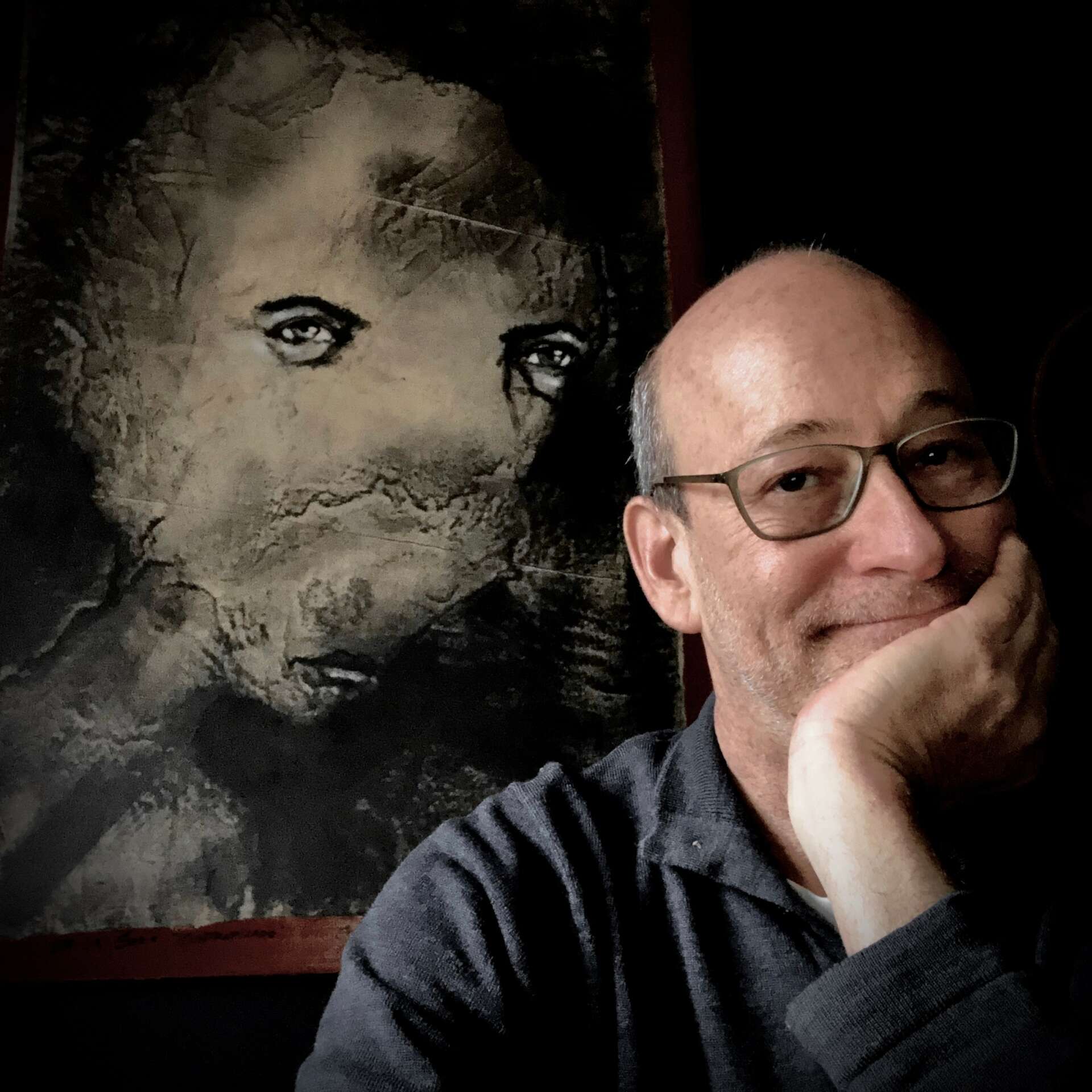We were lucky to catch up with Brian Belefant recently and have shared our conversation below.
Brian, looking forward to hearing all of your stories today. Can you talk to us about a project that’s meant a lot to you?
Remember that Samsonite commercial, the one where the suitcase falls out of the airplane into the midst of a semi-nomadic tribe in Africa? I directed that.
That job was life-changing.
We shot in Namibia, up by the Angolan border, in an area so remote, we were four hours’ drive from the nearest pavement. The tribe we worked with––the Himba––live a subsistence existence there.
I saw what it was like for people who don’t have money. They don’t even have the concept of money. So we paid them in goats and blankets.
We tried to give goats and blankets directly to the people we worked with––the ones who appeared on camera––but their culture is communal. They insisted that the goats and blankets be shared by the tribe as a whole.
The commercial was meant to be tongue-in-cheek, but the message was “Hey look. This suitcase is pretty useful, not just to those of us who embrace Western values, but even to an indigenous culture that has no concept of air travel.” When we were done shooting, we asked the tribespeople if they’d like us to leave them the suitcases we’d brought in for the shoot, the ones they’d spent days doing stuff with.
They said nah.
All of that stuff stayed with me. And since working on that commercial, the things I took away from the experience increasingly find their way into my personal work. Spending time with them made me take a hard look at the extent to which our society is predicated on selling, not just products and services, but an entire lifestyle.
It’s got to the point where I’ll walk away from a job, even one that pays really well, if I can’t get behind what it intends to accomplish. I mean, I’m not an Ascetic. I still like things and I like having the money to buy them. I just don’t feel all that good pushing things on people who don’t need them and can’t afford them.
My photography has become about discovering and presenting little pockets of the world, places with their own unique cultures, unpolluted by western commercialism and consumerism.
And my writing keeps bringing me back to the issue of American cultural imperialism. I mean, I’m not doing it on purpose, but the cool thing about writing is that once you’ve finished a piece, you can see what it’s truly about. A lot of my writing ends up being some version of “what happens when a suitcase falls out of an airplane…?”
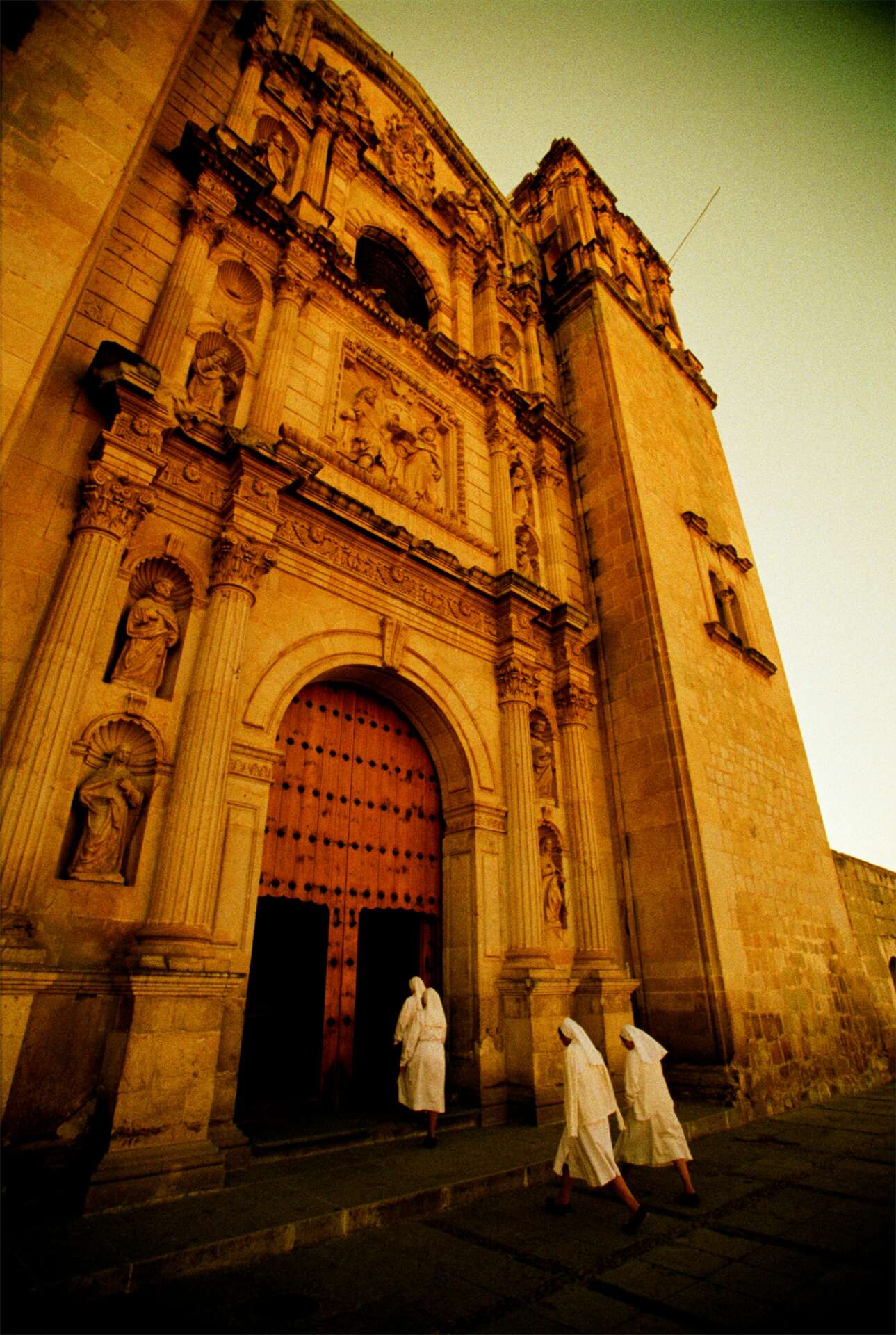
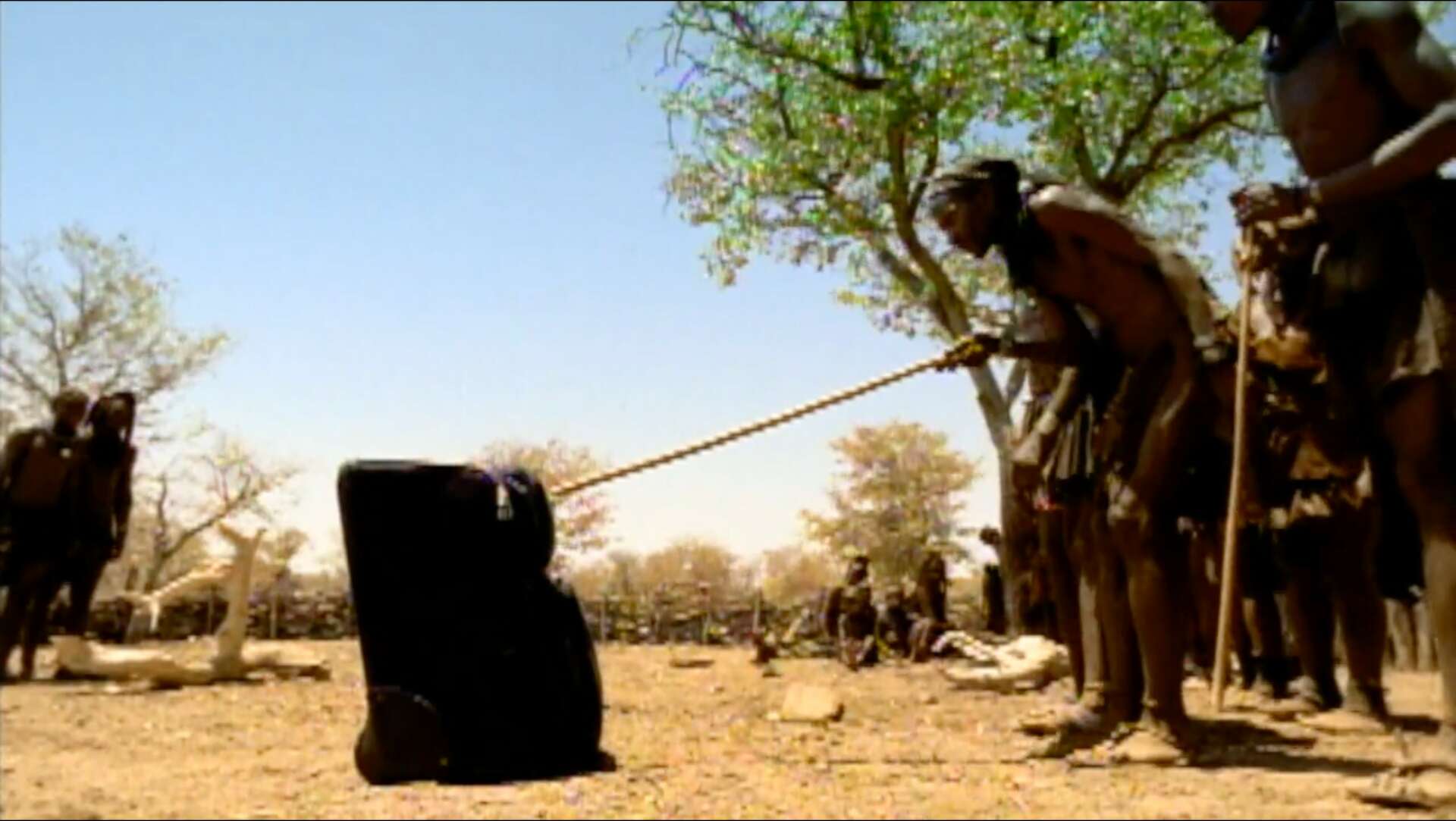
Brian, love having you share your insights with us. Before we ask you more questions, maybe you can take a moment to introduce yourself to our readers who might have missed our earlier conversations?
My first career, I was an advertising copywriter. I had the right combination of talent, dedication, an insane work ethic, luck, and timing, and in less than ten years I was Senior Vice President/Creative Director at BBDO Worldwide, where I created national and international advertising for Pepsi, Frito-Lay, Pizza Hut, Visa, Skippy, and some other brands you might have heard of.
From there I moved into directing. I got good at that, too, and some of the spots I directed ended up running on the Super Bowl. Others won prestigious awards.
And then I saw an opportunity. What if I could take everything I knew about creating world-class TV advertising and make it available to the little guy? Commercials that regional and local businesses could franchise––at a fraction of what it would cost to create work from scratch––to run in their markets?
I dumped everything I had into building the business. We created ad campaigns for pizzerias, tanning salons, tax preparers, dentists, mattress stores, and hair salons. They were good TV spots, with great production values.
And then.
And then the landscape changed underneath us.
Between social media and streaming, the entire paradigm of marketing communication was upended. Not just the way people consume messaging, but the very grammar of the messages people would tolerate. Everything I’d done became irrelevant. I mean everything. I look at the stuff I was so proud of in my first two careers and it’s… old fashioned. And the business I’d put five years and all of my savings into was obsolete.
My marriage imploded the same time the business did, and for a while there things were pretty bleak. But then I happened to talk to a very wise friend (Rohitash Rao) who told me what helped him make it out of his own darkness. “You’re a maker,” he told me. “Make shit.”
So I started making shit.
I’d been a photographer since I was on the yearbook staff in high school, so I got pretty deep into that. I came up with a camera filtration system that enabled me to photograph through liquids that are relevant to the subject.
And I write. Writing for me is a kind of therapy. It helps me figure out what I think, how I feel. Turns out I feel kind of crappy about the world I’ve helped to create. I’ve written a bunch of short stories, six pretty good screenplays, and two novels, most of which talk about just that.
I have a novella coming out this spring called ‘The Sultan of Garbage’. It’s about a commercial photographer who finds himself alone on an island of discarded crap in the middle of the ocean. The book is a reflection on the immense amount of garbage we generate, both externally and internally.
You should buy a copy.

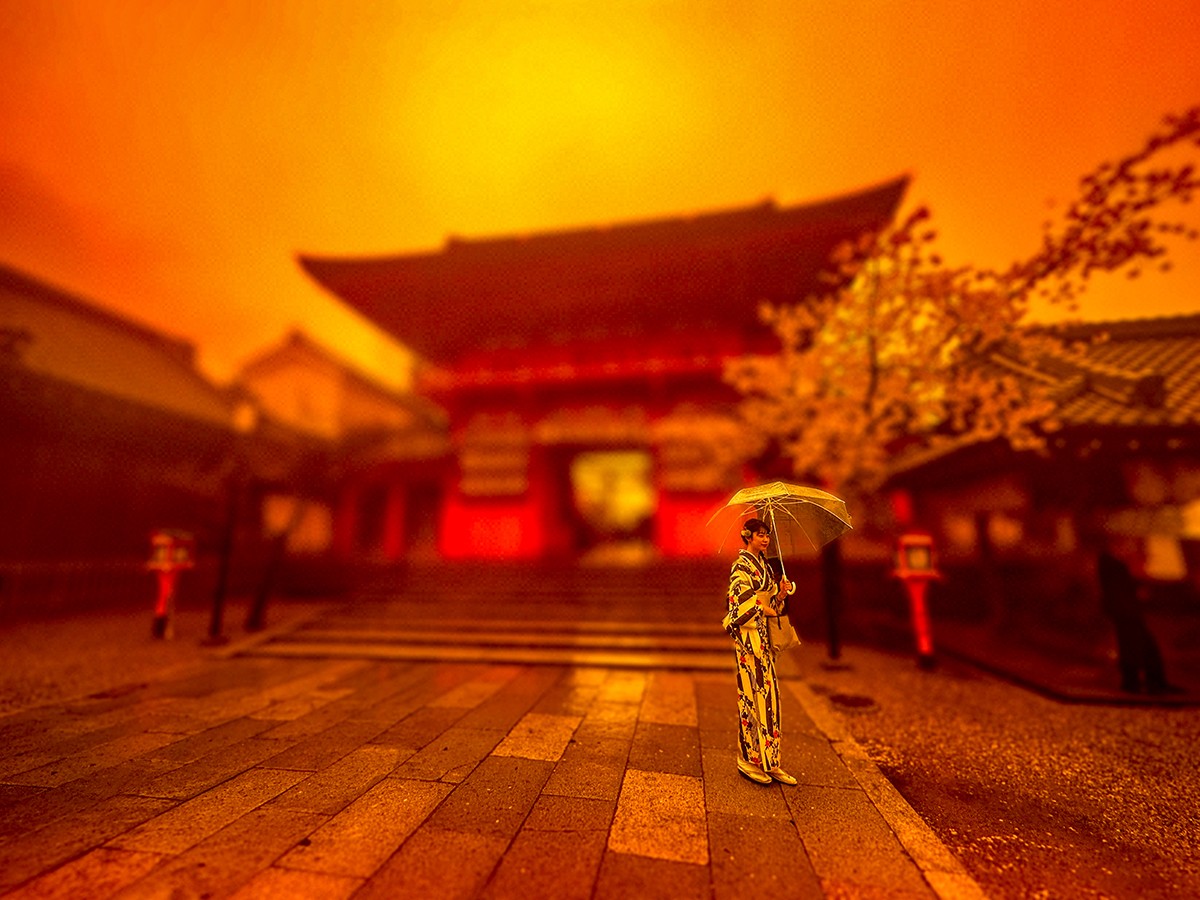
Is there something you think non-creatives will struggle to understand about your journey as a creative?
I don’t think most non-creatives understand that what creative people do is actually work. They see actors, writers, directors, and painters and it looks like we’re just out there having fun, being subsidized to make something we’re passionate about.
What they don’t get is that we’re not doing it because it’s fun, we’re doing it because we have to. What we’re saying is important to us. There’s a message we need to get across.
Yeah, it’s fun. When it works. When you see us smiling and bragging, it’s because we feel like we nailed it. But when we nail it, it’s usually because we worked our asses off to get it there. You don’t see the agonizing hours we put in, trying to make something come together, failing, and trying again another way.
Another thing they don’t get is that we never stop. I can’t think of a single creative person who turns it off at 5:00.
And it’s hard. Most non-creatives have no idea how hard. It took me two years to write a decent first draft of my first novel and I’m a fast writer. I worked evenings and nights and weekends and early mornings––that’s time I could have spent fishing or shopping or sleeping or doing any number of things that “normal” people do.
The draft of that novel is good, but it’s a long way from perfect. If I can convince a publisher to put the book out there, I’ll be looking at another year working on it before it’s ready.
I wasn’t being underwritten to write that book, or any of the books I’ve written. I write on the tiny hope that something I make will find its way to an audience it will resonate with. If and when it does, I might make what? 14¢ an hour for the time I put into it?
That’s what creative people––all creative people––do. Sure, you hear about the J.K. Rowlings and the Steven Spielbergs of the world, people who get rich from making stuff. They got rich because what they made connected in a way that was massive. Why shouldn’t they get rich? But those people are the exceptions.
We don’t do this for the money. We don’t do this for the fame. We don’t do this because it’s fun. We do this because we have to.
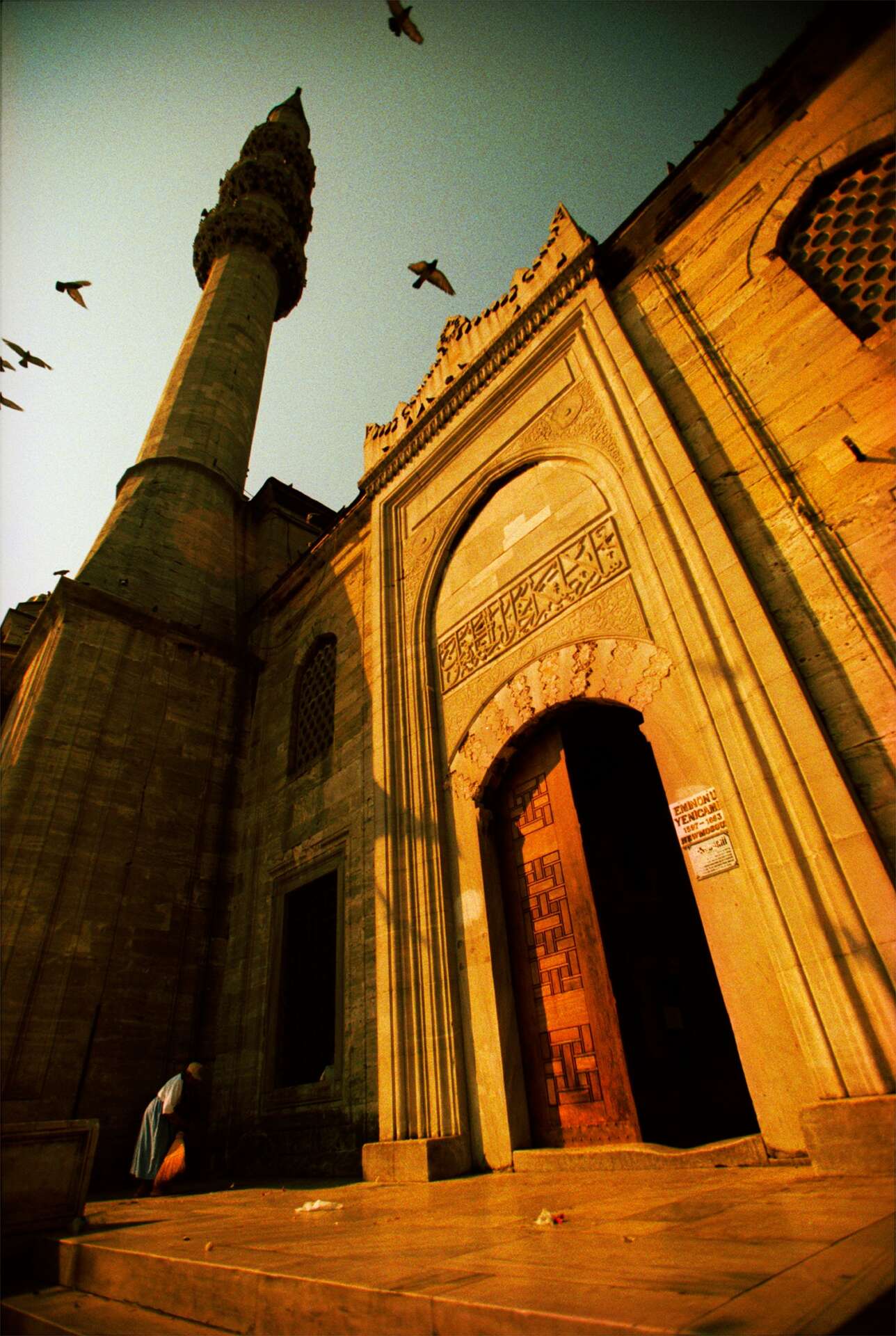
In your view, what can society to do to best support artists, creatives and a thriving creative ecosystem?
I love this question! I mean, isn’t that what artists are driven by? The notion of changing society?
Whether it’s by challenging the dominant paradigm or simply sharing something beautiful, we all want to make the world better. That’s what drives us.
So what can society do to support artists? Well, a pessimistic answer is to keep coming up with atrocities that artists can rail against. Keep making things ugly so people seek out more beauty.
That’s pretty harsh, isn’t it?
But let’s make it personal. What can you or I do to best support artists, creatives, and a thriving creative ecosystem?
We can appreciate the effort and anguish that goes into making something creative and show the creators whose work we like that we value them. Pass up the opportunity to buy the knock-off. Don’t trade in pirated material. Hell, if all you did was send a note or text or tweet saying “I like what you did there,” you’d probably do more than you realize to help someone get it up to give it a go for another day.
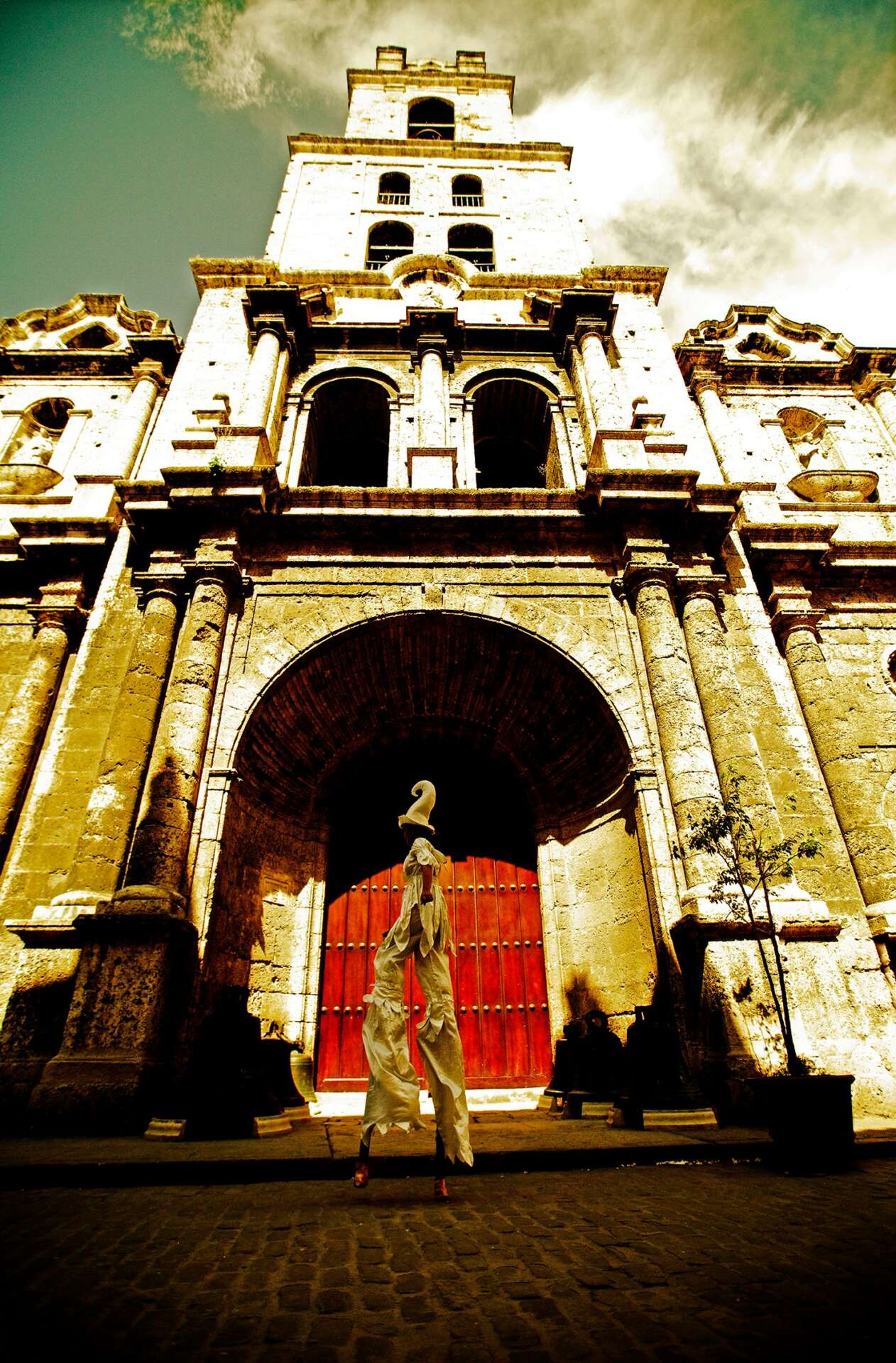
Contact Info:
- Website: http://belefant.com
- Instagram: @OldCarsOfPortland
- Facebook: #WhyImNotDead
- Linkedin: https://www.linkedin.com/in/belefant/
- Twitter: @BrianBelefant
Image Credits
All photos were taken by Brian Belefant (me)


